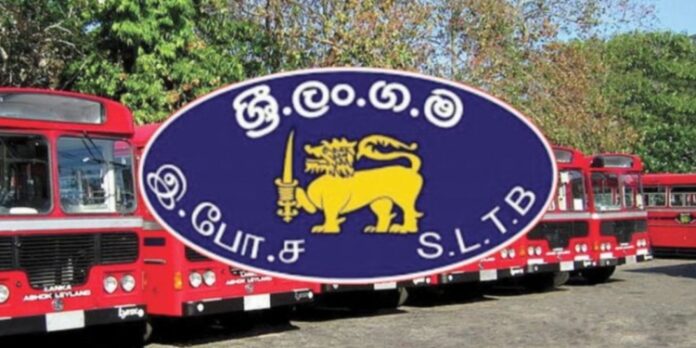By: Staff Writer
January 12, Colombo (LNW): The Indo-Lanka bus procurement deal, initiated in 2018 and finalized five years later, has come under intense scrutiny following a government audit report that alleges overspending of Rs. 3.01 billion.
The audit findings have triggered concerns about financial mismanagement and raised questions about the impact on Sri Lanka’s diplomatic ties with India.
The agreement, part of a $20 million Indian credit line, was intended to revitalize Sri Lanka’s struggling public transport system, where 52% of buses had exceeded their operational lifespan.
Under the deal, 500 buses were procured to serve urban, semi-urban, and rural routes, particularly in remote areas where commuters often had to walk 1–3 kilometers to access transport services.
However, the National Audit Office recently revealed an alleged overpayment during the procurement process, fueling public and media criticism.
Former Transport Minister Bandula Gunawardena responded by writing to the Indian High Commissioner recently urging an impartial investigation into the allegations. Copies of the letter were also sent to key government officials, including the President’s Secretariat and ministries of finance, foreign affairs, and transport.
Allegations of Overpayment and Procurement Irregularities
The controversy stems from the Cabinet-approved decision in 2018 to purchase 400 50-54 seater buses and 100 32-35 seater buses using $15.03 million from the Indian Line of Credit.
However, the procurement specifications were revised in 2020 to 500 32-35 seater buses and 100 42-45 seater buses to meet re-evaluated transport needs.
The National Audit Office reported that the 2023 procurement cost of Rs. 11.02 million per bus significantly exceeded the estimated cost of Rs. 5 million per bus in 2018, resulting in an overpayment of Rs. 6.02 million per bus.
The total excess payment amounted to Rs. 3.01 billion, with critics pointing to poor planning, inefficiencies, and lack of transparency in the procurement process.
Former Minister Gunawardena defended the process, highlighting the unprecedented economic challenges during the procurement period.
He cited the Sri Lankan rupee’s depreciation (from Rs. 182 per USD in 2018 to Rs. 360 per USD in 2023), global inflation, and supply chain disruptions caused by the COVID-19 pandemic and geopolitical tensions.
While these factors contributed to higher costs, the audit report suggests that other inefficiencies or irregularities may have played a role.
Key Timelines and Decisions
2018: Cabinet approves the procurement of 500 buses using the Indian credit line.
2020: Procurement specifications are revised, and the Indian Exim Bank agrees to fund the revised purchase plan.
2021-2022: Indian Exim Bank pre-qualifies suppliers, and a competitive bidding process is initiated. Ashok Leyland Ltd. of India is awarded the contract in May 2022.
2023: The buses are procured at a cost of $26,662 (Rs. 11.02 million) per unit.
The delay in procurement, attributed to the pandemic and governance issues across multiple administrations, resulted in missed opportunities to renegotiate terms amid rising costs.
Broader Implications
Financial analysts have noted that while currency depreciation and global inflation contributed to the price increase, the absence of a detailed cost comparison in the audit report leaves room for speculation about potential irregularities. The findings underscore the need for transparency and robust financial oversight in managing foreign credit lines to prevent similar controversies.
As Sri Lanka continues to rely on international loans to address economic challenges, governance reforms are crucial to restoring public trust and ensuring efficient use of resources. Streamlining procurement processes, enforcing competitive bidding, and maintaining accountability are critical to avoid further financial mismanagement.
Gunawardena emphasized that such allegations, if unresolved, could harm Indo-Lanka relations and tarnish the credibility of both nations’ cooperative efforts. He called for an impartial investigation to clear doubts and uphold the integrity of the procurement process.

